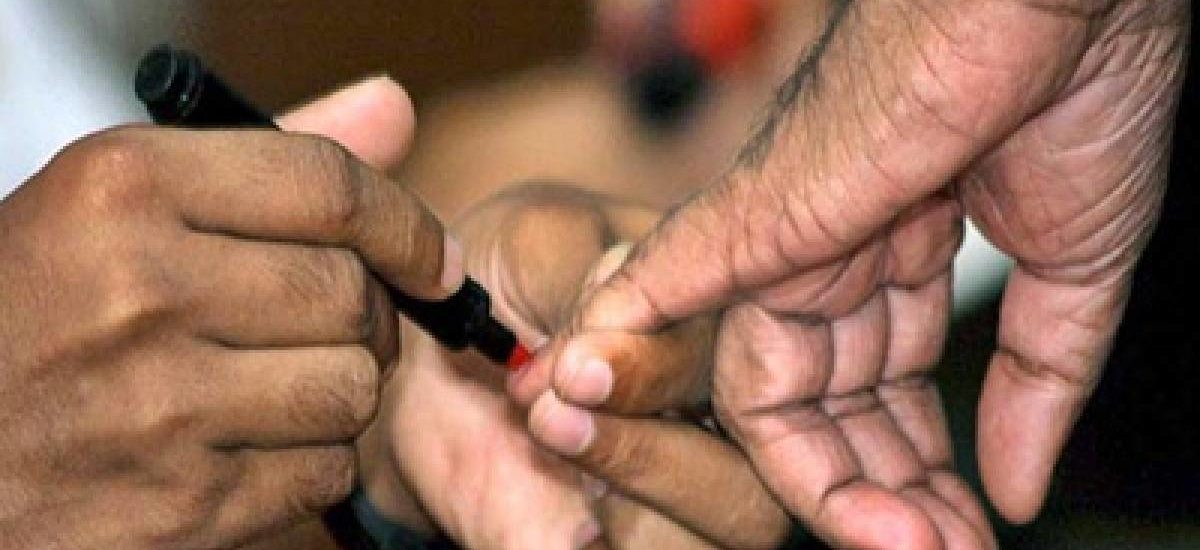Photo courtesy Free Press Journal
A Presidential election is a unique opportunity for Sri Lankan voters to have a direct say in our constitutional democracy. At this time, the way in which we exercise our power (or our agency) matters. It has irreversible consequences. An election gives us multiple opportunities for exercising our agency – we engage in policy debates, discuss political parties, analyse the suitability of candidates etc. Our ideas, our conversations, and our disagreements feed into a process that will ultimately result in the selection of one candidate as Sri Lanka’s President. Unlike in a parliamentary election, in a presidential election, only one candidate is selected. Protest votes and refraining from voting at a presidential election do not have the same impact that they would have in a parliamentary election. In a parliamentary election protest votes and refraining from voting sends signals to political representatives and to political parties about how the voter feels in general about them. In a presidential election, refraining from voting only helps to amplify the votes of those who will in fact vote on the day. Protest voting may ease the voter’s conscience. However, protest voters, in particular, need to think through about the long-term and irreversible consequences of their choice.
The task before the Sri Lankan elector on the 16th of November is to chose from 35 candidates – the highest so far to contest a presidential election. This election comes at a time when many Sri Lankans feel a sense of disenchantment about representative politics and governance. We can easily list the reasons as to why we despair about representative politics and governance in Sri Lanka today. They include corruption, failure to implement policies that would lead to new economic opportunities, failure to implement policies to improve public services and the indifference to people’s rights and liberties. The self-serving nature of our political class is exposed today and is causing many to turn away from representative politics in disgust. Successive governments have encouraged patronage and dependency on government handouts of different forms. Governments have not done enough to ensure that our economy grows and have taken the easier option of raising the required funds by taking loans. Our taxation system is a burden to the poor due to the high percentage of indirect taxation. Particularly after the Easter Sunday attacks, it comes as no surprise that we reject the political class.
Unfortunately, there are no shortcuts to changing this system. There is no way to wipe the slate clean or to go back to square one. We have to work with what we have. We have to understand that when we vote, we are not doing anyone any favours. Rather we are taking part in and contributing to our collective political existence. Our collective political existence matters to all of us. It is a crucial aspect of ‘the public good’. Like the air that we breathe, no one owns it, no one person/institution can look after it for us, but all our lives are deeply affected by it. So, unless we all nurture the tradition of liberal democracy and work at it, it will keep withering away. Casting a thought through vote at an election is a crucial part of working at our democracy. Between elections, much is required of us, if Sri Lanka’s democracy is to thrive. Left to itself, Sri Lanka’s political class will act in self-interest. It is up to us to hold the political class to account through the difficult and long-term process of strengthening our constitutional democracy. It is not easy but unfortunately, it is inevitable.
Making choices on the 16th of November will probably require that the voter makes a political compromise – that is to say – it may require having to make a political choice which balances the different stakes. For those who are fed up with the system and for those who wish to spoil their votes the compromise would be to decide to go to the polling booth. For those who have already decided that they will vote – the stakes are different. They will have to ask themselves about what they expect to achieve through their vote and the impact their vote would have in an election in which ultimately only one candidate will win. Analysts point out that this time around the second and third preferences of voters may matter. This makes the voter’s task even more demanding and complicated. For all, whether we vote in this election or not, much more work remains to be done in the aftermath, regardless of who will win the election. As a colleague observed, casting our vote is not an abdication of our role in our democracy. We have a duty to engage with political processes in between elections too.
There is no doubt that politics in Sri Lanka are yet again at a low point. But it is precisely because of that, that we, the constituent power of Sri Lanka’s democracy, must abide by it. On the 16th November, to abide by Sri Lanka’s democracy would mean that eligible voters are required to get their hands dirty and grapple with the difficult task of voting, of choosing the candidate that, according to their opinion is most likely to preserve and promote Sri Lanka’s democracy, weak as it may be right now. The choice should ideally be one which strengthens our likelihood of being able to continue to improve transparency, accountability, integrity and sustainability in our public life – of ourselves and of our political representatives. In the presidential election of 2019 making that choice is a challenge. It’s hard work.

